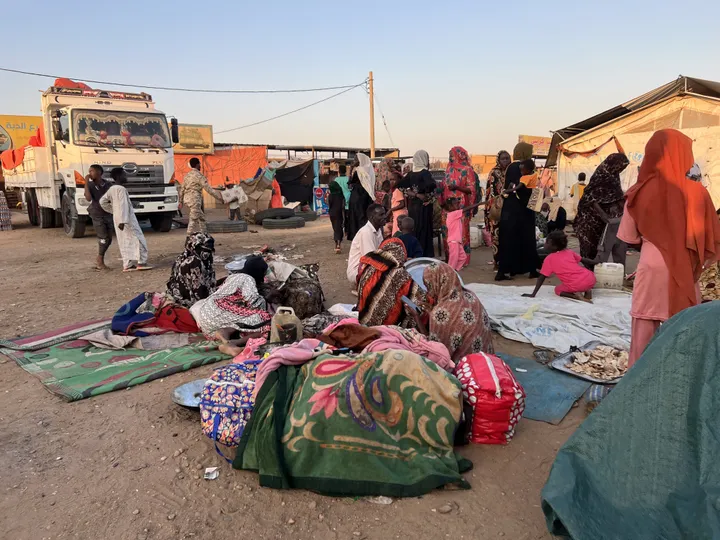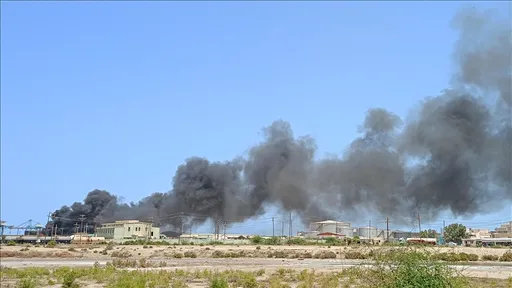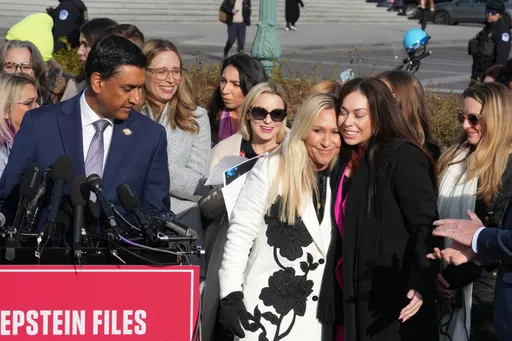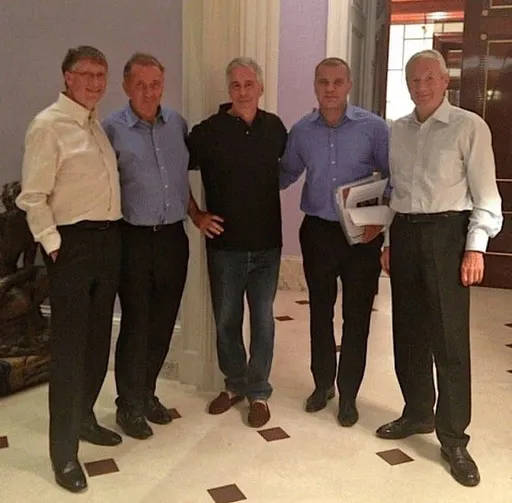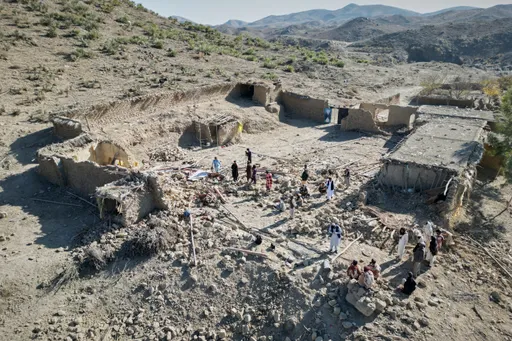A New York jury on Wednesday convicted the former deputy CEO of Turkey’s public bank, Halkbank, of five charges, all of which focused on breaching US sanctions against Iran.
The judge, Richard Berman, declared that he will be replaced by another judge, who will take the case over from him.
The new judge is expected to announce his decision on the sentence, that is set to be implemented on April 11.
Attorneys for Atilla have demanded the cancellation of the case due to “inadequacy of evidence submitted to the court” and the current judge on the case, Berman, will respond to the request on Friday.
The request for a mistrial was also based on the testimony of Reza Zarrab, who was the prime suspect in the case, but became a witness against Atilla after reaching an agreement with the prosecution office.
The mistrial request also included a member of the group named by Ankara as the Fetullah Terrorist Organisation (FETO), Huseyin Korkmaz, who the defence said “submitted stolen evidence” and “testified wrongly.”
Turkey has repeatedly said this case is a continuation of the December 17-25, 2013 cases that were run by prosecutors related to FETO, who fled the country before any such links could be proven.
Here is the possible process for the next term of the case that has caused a strain in the relations between the United States and Turkey.
Sentencing on April 11
After the jury’s verdict that found Hakan Atilla guilty, the final session of the trial was set for April 11, when he will be sentenced.
However, there will be a pre-sentencing process in which an investigation will take place to consider the defendant’s situation, including his criminal background, his family, health, and work record.
Zarrab, a businessman who has both Iranian and Turkish citizenship, made an agreement with the prosecutor’s office and pleaded guilty.
He put Atilla at the centre of all accusations, and the prosecution may ask Berman for a penalty reduction for Zarrab, due to his agreement.
US prosecutors have charged nine people in the case with conspiring to help Iran evade sanctions. Only Zarrab, 34, and Atilla, 47, were arrested by US authorities.
Appeals
Atilla’s attorney will appeal to a higher court following the decision on April 11, which will likely lead to the sentencing of the former banker.
The appeals court judges will discuss the case once they are presented with the appeals files from Atilla. Appeals courts often announce their decisions in written form. And if they affirm the New York court's judgment, the case will end for Atilla, unless his attorney appeals to a higher court.
A new trial and correction or modification of the lower court’s decision will stand as a new hope for Atilla, if the appeals court reverses the judgment of the lower court.
Halkbank was not a direct part of the trial
This is not the first time the US has interfered in trade relations of foreign countries. And European banks, such as British HSBC and French BNP Paribas have also carried out transactions with Iran.
These banks were punished by pecuniary penalties. However, none of the employees were punished with imprisonment, something that is a possibility in the case of Atilla.
The final sentence will be only on Atilla and Zarrab. Halkbank will not be included by the court’s sentence.
“The legal process has not yet been concluded and Mr. Mehmet Hakan Atilla has the right to appeal against this decision. As a matter of fact, neither has our bank been a party to the case nor are there any administrative or financial decisions taken against our bank by the court,” Halkbank said.
The Office of Foreign Assets Control (OFAC) of the US Department of the Treasury, which administers and enforces economic and trade sanctions by the US, has closely followed the case.
Despite the fact that the court will not have a ruling on Halkbank, the developments during the court process may influence the OFAC to fine the Turkish bank as it did with HSBC and BNP.


